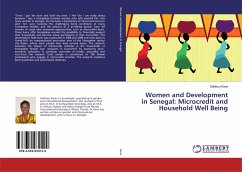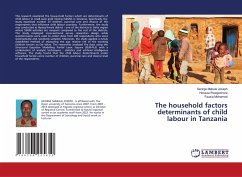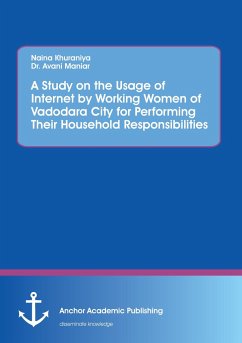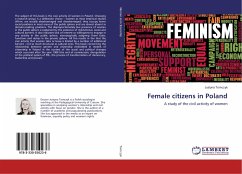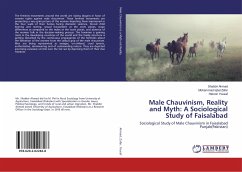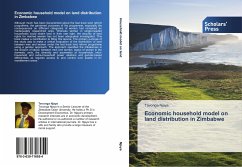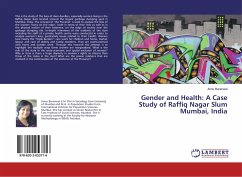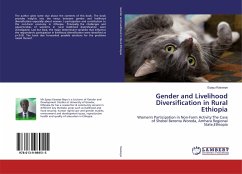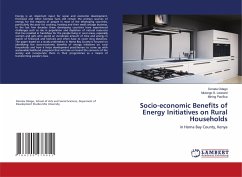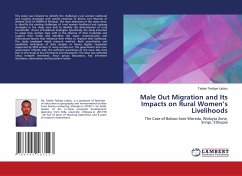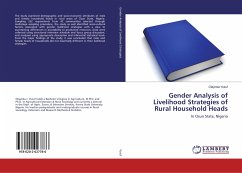
Gender Analysis of Livelihood Strategies of Rural Household Heads
In Osun State, Nigeria
Versandkostenfrei!
Versandfertig in 6-10 Tagen
43,99 €
inkl. MwSt.

PAYBACK Punkte
22 °P sammeln!
The study examined demographic and socio-economic attributes of male and female household heads in rural areas of Osun State, Nigeria. Sampling 252 respondents from 42 communities selected through multistage sampling procedure, the study as well identified socio-cultural factors associated with gender livelihood strategies with a view to ascertaining differences in accessibility to productive resources. Data were collected using structured interview schedule and focus group discussion, and analyzed using appropriate descriptive and inferential statistical tools. From the major findings of the ...
The study examined demographic and socio-economic attributes of male and female household heads in rural areas of Osun State, Nigeria. Sampling 252 respondents from 42 communities selected through multistage sampling procedure, the study as well identified socio-cultural factors associated with gender livelihood strategies with a view to ascertaining differences in accessibility to productive resources. Data were collected using structured interview schedule and focus group discussion, and analyzed using appropriate descriptive and inferential statistical tools. From the major findings of the study, it was concluded that male and female heads of households did not essentially different in their livelihood strategies.



